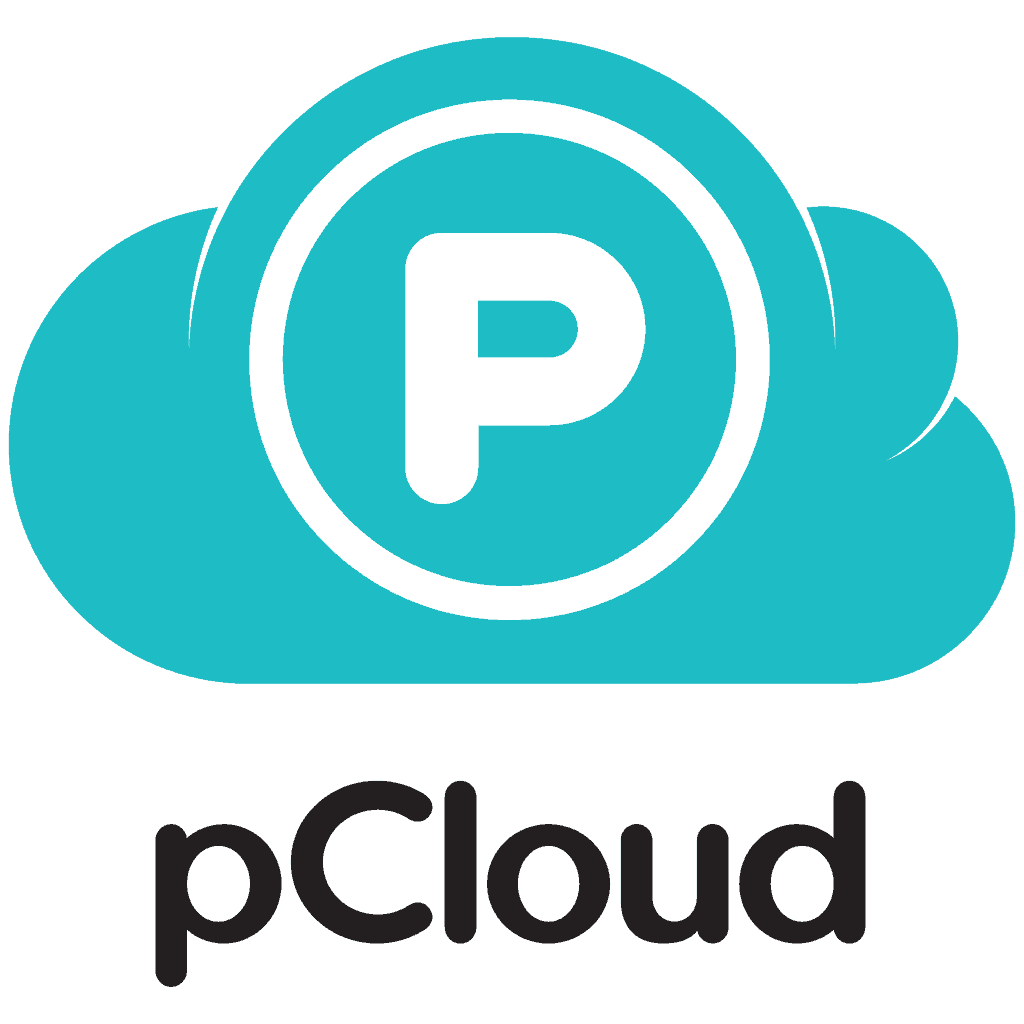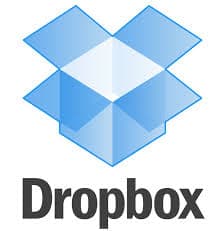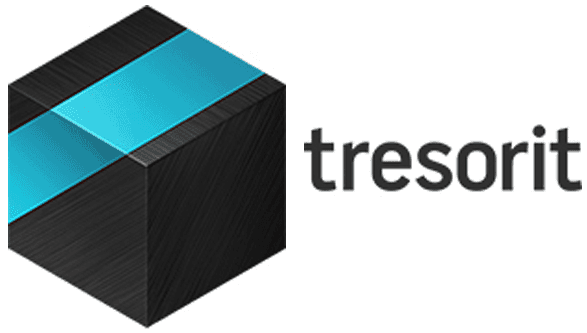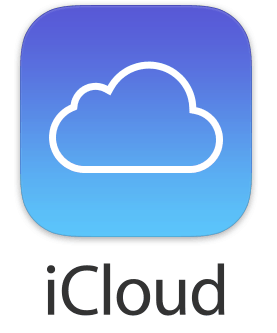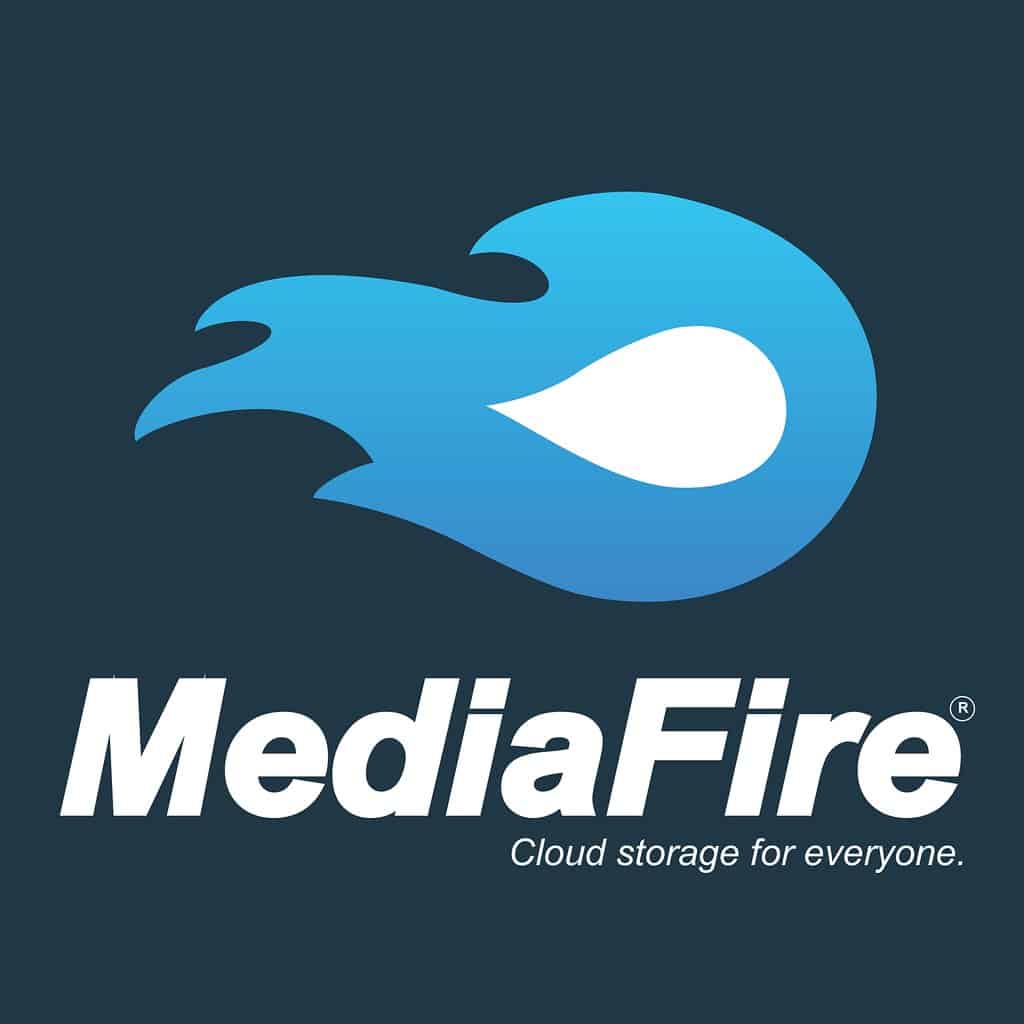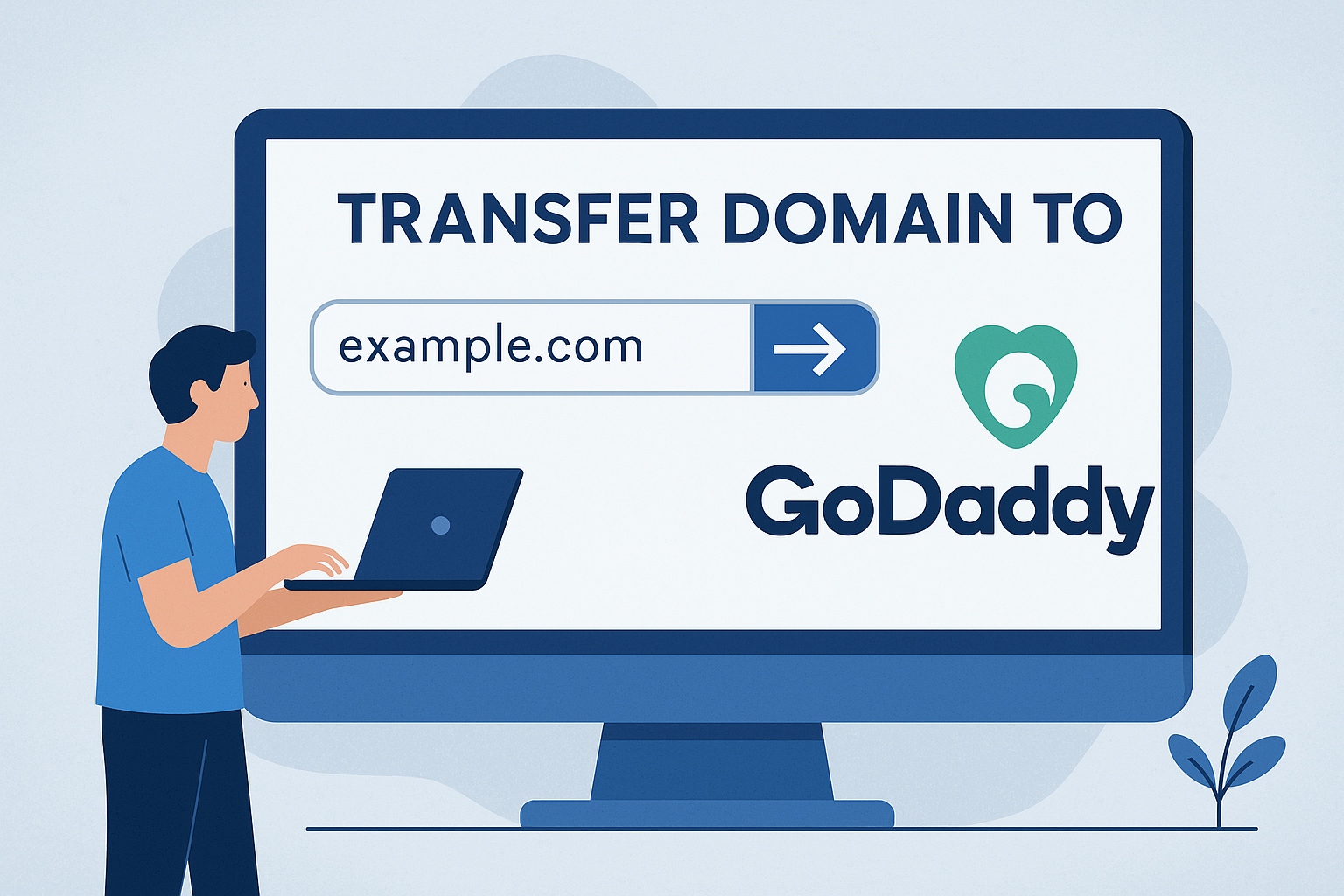Advertising disclosure
Hosting Canada is community-supported. We may earn a commission when you make a purchase through one of our links. Read Disclosure.
Best Cloud Storage Canada 2026
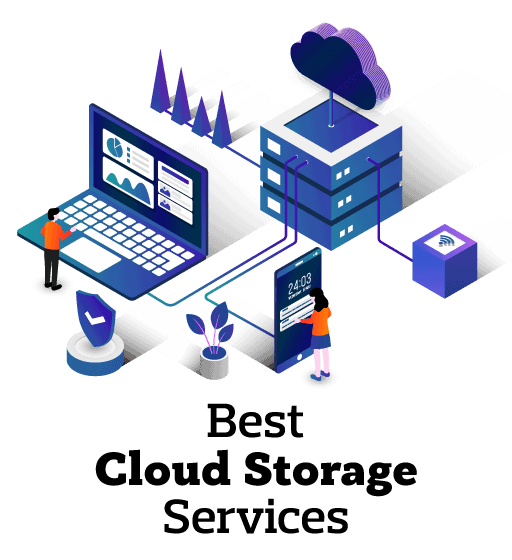 Picking out the best cloud storage provider today has ceased to be just a question of easy access and user-friendliness.
Picking out the best cloud storage provider today has ceased to be just a question of easy access and user-friendliness.
Today, we use cloud storage for just about everything – from sharing personal photos, to our favourite movies, to professional documents and school projects. As a result, deciding which service to sign up with is a decision you shouldn’t take lightly
So, it’s a decision you shouldn’t take lightly.
Cloud storage is the primary means of storing our data online, so it’s imperative that your storage provider be safe from hackers and malicious software, but still easy-to-use and accessible from any device.
Thankfully, this issue has been addressed by several cloud hosting companies who’ve made security their utmost priority, and thus became the preferred choice for businesses which also value data security and privacy.
Further, tech giants like Google, Apple, and Microsoft offer cloud storage as part of their other services, providing their users with several gigabytes of storage entirely free of charge. While they might not be as secure as dedicated cloud security providers, they provide a nice compromise between price, features, and customer support.
🇨🇦 Best Cloud Storage Reviews 2025 🇨🇦
The best way to know exactly what are the best cloud storage providers available to us is to know what is exactly offered by each company and then to compare that to our own needs.
As we all have different values and lifestyles, the needs of your company or personal storage might differ from the next person over. Having said all that, let’s take a look at our top picks for the best cloud storage providers in 2025.
#1 Sync.com – Best Cloud Storage in Canada
Key Specifications:
PROS
CONS
Sync.com is the best cloud storage solution in 2025 for Canadians. It’s a more secure version of Dropbox, but with Canadian servers. Perfect for Canadian individuals and businesses looking to meet Canadian data residency laws. And Canadian data residency is the law in British Columbia!
Sync.com is feature-packed and checks all the right boxes when it comes to business cloud storage features, collaboration, pricing, speed, ease of use, and enterprise-grade security.
Canadian businesses can use Sync share and collaborate securely with anyone, anywhere in the world, and always maintain Canadian compliance. Sync Pro plans offer storage options ranging from 1TB to Unlimited GB, and top-tier plans include features like custom branding and phone support.
#2 Google Drive
Key Specifications:
PROS
CONS
Google Drive includes a jaw-dropping array of functional features including an amazing search capability and impressive integration with other Google Services including Google+ and Docs. You get 5GB free online storage when you sign up. It is ideal for people who travel a lot and need access to their data anywhere at any time.
It includes pricing options of 25GB for $2.50/month and $30/year up to a limit of 16TB for $800/month. The usage process is pretty straightforward in that a folder is installed where you drag and drop and Drive automatically syncs it.
#3 pCloud: Best Cloud Storage Encryption
Key Specifications
PROS
CONS
Launched in 2013, pCloud stands out as a dynamic candidate in the cloud storage field. It is host to remarkable clients like BMW, Twitter, Coca Cola, and Uber.
Users get a 10GB trial with optional private encryption and the pCloud Transfer Service allowing any user to transfer bigger files for free (5GB up to 10 recipients). Lifetime plans are also up for grabs for 2TB.
pCloud also offers an extended file history for 360 days, and client-side encryption. Combined with a rewind system and 5 separate copies of each file you store, you won’t have to worry about accidentally deleting anything.
pCloud is available on all digital platforms: Windows, Linux, Mac, iOS, Android, Microsoft, and so on
#4 Dropbox
Key Specifications:
PROS
CONS
For most users, Dropbox meets and exceeds expectations. It provides reliable speed, security, and storage space—and is easy to use. Founded in 2007, it is often referred to as the godfather of cloud storage.
Designed for anyone, it provides free 2GB of storage space in the beginning. By referring to friends, you can increase this to 16GB. It starts off at $9.99/month, and you can choose from an almost infinite number of pricing options.
#5 OneDrive
Key Specifications:
PROS
CONS
Microsoft OneDrive has carved its reputation into the tech-giant industry. It has left no stone unturned when it comes to good integration and flexible pricing.
This online storage solution has a licensing of $5.00/month making sharing and collaborating, access, powerful tools, and advanced security a piece of the pie.
OneDrive also offers powerful file sharing and document co-editing between coworkers. Live collab between multiple users is a top-of-the-line business feature. However, there is no real versioning on personal plans
#6 Tresorit
Key Specifications:
PROS
CONS
Ranked as one of the best, most secure, and well-encrypted cloud service storage systems, Tresorit has only one major flaw—it’s seriously expensive.
However, you’ll be able to get past that steep price once you see how functional and easy to use it is, and how compatible it is with other devices.
Based in Switzerland, they are popular for their special patented security measures.
#7 MEGA
Key Specifications:
PROS
CONS
Designed by notorious internet entrepreneur Kim Dotcom, MEGA provides great, secure services at a budget-friendly price.
They offer a starting pilot trial of more than 50GB for free and an additional 10GB for every friend you invite. That’s more than most of their competition in the industry offers.
On the other hand, the prices tend to be a bit higher when compared to competitors.
Moderately Impressive Services 📐
There’s still a lot of Cloud Storage providers out there, so but not all of them could be at the top. Here’s another list of Cloud Storage providers that have moderately passed our review.
#8 Koofr
Key Specifications:
PROS
CONS
Koofr is another cloud storage solution with multiple cloud connections. The primary purpose is aimed at storing and sharing small files.
Koofr connects to Dropbox, Amazon, One Drive and Google Drive accounts. It also offers a unified search feature in the cloud and other configured devices, and is accessible via iOS, Android and Windows.
Access is centralized to a single database, and it ranges from 2GB freemiums to upgrades with larger capacities.
#9 SecureSafe
Key Specifications:
PROS
CONS
Not the most feature-packed service out there, SecureSafe does offer a basic and adequate amount of elements to meet your requirements.
Launched in 2008, this Zurich-based company has produced a digital vault of reinforced online safekeeping.
#10 Woelkli
Key Specifications:
PROS
CONS
Unlike others present on the list, Woelkli lags behind the competition due to its rigid pricing mechanism.
Nonetheless, they continue to provide decent speed, security, ease of use, and operating ability.
#11 OpenDrive
Key Specifications:
PROS
CONS
OpenDrive is well known for its flexible price plans and ability to merge the functionality of Dropbox with the collaborative power of Asana. This professional package may seem outdated, though.
It promises unlimited storage, content management, and backup and restore services. The free version offers 5GB of storage space, max file size limit of 100MB, and a daily limit of 1GB total file transfers.
#12 Amazon Cloud Drive
Key Specifications:
PROS
CONS
Amazon Cloud Drive offers data restoration that leaves some room for improvement.
You gain access to unlimited storage for photos and 5GB storage for basic accounts.
It features two paid plan versions starting at $11.99/year. Having only two plans available does not leave much room for flexibility.
#13 SugarSync
Key Specifications:
PROS
CONS
SugarSync offers strong cloud storage and file syncing services catered to personal use.
Despite being intuitive, it is expensive and falls short of a lot of features that are deemed too basic for cloud success. It’s one of those cases where the price doesn’t reflect the value.
#14 MiMedia
Key Specifications:
PROS
CONS
MiMedia is, as the name suggests, a personal cloud storage solution predominantly focused on entertaining media file hobbyists.
What it lacks in customer service and user experience, it makes up in competitive prices. In the end, it covers the basic requirements of a standard cloud service.
# 15 iCloud
Key Specifications:
PROS
CONS
Apple’s folder syncing component cloud service, iCloud, is mainly focused on Apple devices and apps.
Bear in mind, if you’re and Android user, you won’t be able to sync the iCloud to your device.
However, it can be used in a web browser and on non-Cupertino-designed computers.
# 16 Jumpshare
Key Specifications:
PROS
CONS
Usually not considered part of the cloud group because of its inability to sync files across devices, Jumpshare still has a lot to offer.
It has found its purpose in the file-sharing services. Naturally, file sharing is available with all cloud storage services, but Jumpshare really shines in this department.
# 17 MediaFire
Key Specifications:
PROS
CONS
Launched in 2005, Mediafire has since attracted 60 million users because of its low pricing options but does not rank the best because of the basic storage options.
Aside from the affordability, there’s not much to boast about. Users usually complain about slow speeds, faulty privacy and security and the lack of desktop access.
# 18 4Sync
Key Specifications:
PROS
CONS
Once again, a cloud service that tried to make its mark by focusing its attention solely on media files, 4Sync is worth a try.
Since it’s focused on storing such files, it is a great choice for storing your videos and photos. Sync options and speeds are really decent, and you can sync between desktop, mobile and tablet devices.
As with some services on this list, the customer support is practically non-existent.
Services to Avoid
While there are lots of cloud storage providers that are amazing, there’s also a lot that you need to stay away from. This list wouldn’t be complete without the names you might want to look out for and avoid.
- Bitcasa – Despite providing relevant features, Bitcasa lagged behind by increasing their prices monumentally and cutting their service plans to limitations and expenses.
- ADrive – Starting at $25/year with 100GB storage, drive-mapping functionality, file synchronization, and backup options, it ranks poorly due to a bombardment of technical faults. Features are weak, the interface is terrible, you’ll face countless security and privacy issues, and app support is non-existent.
- JustCloud – Boasting a ludicrous number of faults, JustCloud provides a poor free plan, no versioning, atrocious pricing, awful backup options, limited syncing and features, and overall complicated user experience.
- FlipDrive – You’d think the 24/7 support is a bonus, but we think it’s only there to make up for the lousy cloud server. There’s no two-factor authentication, no password-protecting for file-sharing, no server-side encryption, no desktop app, no knowledge base, and no file sync. “Bare bones” is the perfect way to describe it.
- HubiC – The 25GB free backup is a tempting lure, but it drags you into a dreadful cloud service. The overall security is unacceptable, and the customer support basically does not exist. We would advise you to steer clear at all costs.
How Does The “Cloud” Work? ☁️
 Think of cloud storage as your online storage cabinet. It’s a place you can use to store different types of files that you have. Even if you don’t have any use for these files right away, you’ll know that you have them safe somewhere. Most of us already use cloud storage – and cloud computing – daily, usually through our smartphones and other mobile devices.
Think of cloud storage as your online storage cabinet. It’s a place you can use to store different types of files that you have. Even if you don’t have any use for these files right away, you’ll know that you have them safe somewhere. Most of us already use cloud storage – and cloud computing – daily, usually through our smartphones and other mobile devices.
Every iPhone user has access to their iCloud account where they can store pictures and videos, whereas most Android users have access to a Google Drive account where they can do the same.
The best way of understanding cloud storage is if you imagine emailing something from your smartphone or workstation to your personal computer and saving it there. 📲 ☁ 💻
Only, in this case, you have direct access to that saved file from every device (smartphone, laptop, etc.)
Even if you lose your smartphone or laptop, you will still have that data from any other computer, meaning that you will never forget to “carry your data with you.”
Additionally, if someone steals your phone (or laptop), there is no way for the sensitive data to be extracted, as the thief will still need a password to access anything stored in your personal cloud.
“Ok, But What is the Cloud?”
The cloud isn’t just a white fluffy thing floating in the sky. In computer terms, it is, in fact, an incredibly safe and secure way to store data—no matter how much.
Think of it as an enormous hard drive that you can’t actually see.
Nowadays, almost all mobile devices and websites have incorporated the cloud which provides end users with a way of storing photos, music files, videos, documents and more without actually using up all device’s own storage space.
What’s more, in the 21st century, we have extremely high expectations when it comes to the storage and security of our data.
The cloud basically substitutes as a modern alternative to the hard drive and other external storage devices like compact discs and thumb drives (also known as flash drives).
Furthermore, external hard drives have a relatively short shelf life as they have moving parts, and you run the risk of losing everything.
However, it’s unlikely that this will ever happen with files stored in-the-cloud.
Backing up your data is not the only thing the cloud is good for. With the accelerating pace of technological innovation, there is a substantial increase in cyberattacks and attempted cyber-thefts.
The Cloud is Secure
 More and more individuals and malicious groups are out there, trying to steal and sell your data. Thankfully, due to so many protective services, the cloud is incredibly difficult to hack.
More and more individuals and malicious groups are out there, trying to steal and sell your data. Thankfully, due to so many protective services, the cloud is incredibly difficult to hack.
Under the maintenance of a third-party administrator, users save data to an off-site, remote database storage system.
The middle-man is the Internet, which serves as the connecting thread between you and the computer administrator.
Services like Wasabi, Amazon S3, and Microsoft Azure are servers that provide the infrastructure help with the creation of an almost unlimited external hard drive: your personal cloud account.
There are three sub-categories of the cloud to consider, including:
- Infrastructure as a Service (IaaS): Largo corporations like Google and Amazon rent out a lot of cloud infrastructure to other companies.
- Platform as a Service (PaaS): Online spaces whereby developers serve the exclusive demands of users to create tailor-made applications.
- Software as a Service (SaaS): Software is made to use by mundane users via the Internet.
Why Should I Use the Cloud?
The synergetic relationship between the client and server has a symbiotic nature (i.e. it benefits both parties a great deal). Users subscribed to the cloud service gains access to the server’s data center, and the cloud service provider gains a client base to use what they are providing.
Users begin to enjoy the benefits of using the cloud as soon as they sync copies of their files or folders to the data server. Instead of using your own device or transferring your data through social media or physical storage devices, you gain a potentially unlimited reservoir of data storage space at your disposal when you utilize the cloud.
Casual users fed up with having to constantly organize, rearrange, and delete items to free up space or just continually purchase additional space to store memories like photos, videos, and documents will love with this virtual storage options.
When it comes to heavy tasks, clients get the benefit of instant accessibility in scaled-up cloud storage no matter where they are located.
It is more so an advantage for both small and large-scale business operations that require extensive data processing and storage options. The cloud follows a pay-as-you-go methodology, which means it’s not only convenient to use, but it offers flexible usage ability.
It allows businesses to run essential programs through the Internet, thus saving huge amounts of time, money, hassle, and space. Indirectly, this boosts profits because it increases efficiency.
One of the central features offered by cloud storage is called virtualization. It is the creation of virtual machines via software that subdivides memory and storage, as well as documentation into multiple smaller units making it easier to operate.
It facilitates cooperation between computer servers, as cloud drives are the perfect medium for immediate data exchange. The fact that it provides a platform where access is granted to multiple users means this service is a perfect tool for in-house and remote work locations. Files can be uploaded and exchanged faster and more efficiently than ever before.
Another benefit is that cloud storage enables organizations to bypass the need to go through the laborious process of creating a local network. The synchronization and authorization elements augment the virtual experience. Additionally, you can even integrate offline services like Slack or Microsoft.
Universal usage through a cloud-enabled device allows users to tap into their information from practically any location as long as they are connected to the Internet.
The cloud functions on the premise of the redundancy: using hundreds or thousands of data servers to ensure access on multiple machines at any time. In the case one server crashes or has maintenance issues, another one quickly steps in as back-up.
Businesses are hindered by the need to keep up with the competition by constantly enlarging their IT departments with new technology, servers, and software—all of which are a strain on resources.
Additionally, new employees are needed to maintain these upgrades. The cloud eliminates major in-house obligations and significantly reduces I.T. expenses (up to 25%).
How Safe Is the Cloud?
Simultaneously lifting the burden of an organization’s constantly-swelling data storage needs, the cloud takes into security at scale. As mentioned before, your data is transferred to secure remote locations that are physically packed with emergency backup power generators and emergency situation prevention tools.
Data encryption is the most common strategy adopted to safeguard data, which, due to unforeseen reasons, may be stolen or intercepted in route to the cloud. The cloud offers protection against hackers and in-house rogue employees who intentionally or unintentionally act carelessly with data.
For an added layer of multi-dimensional protection, two-factor authentication is used by the best cloud storage providers, by default.
Entry will require both a password and a code that only that specific user has knowledge of. Even if a hacker gains access to the user’s password, they will not have the code that is required to gain access to the information.
Most companies include a “zero-knowledge-encryption” system service to reassure their clients further. An intricate and profoundly complex web of algorithms is woven to encode your data into a vault of impenetrability even by the server itself.
Authorization practices also entail the construction of a list of individuals who are allowed access to information stored on the cloud system.
Corporations normally set up multiple levels of authorization which means that high-level employees like CEOs or department heads have universal access and extensive files to view, whereas a frontline employee is restricted to the limited access level.
Important Cloud Storage Features
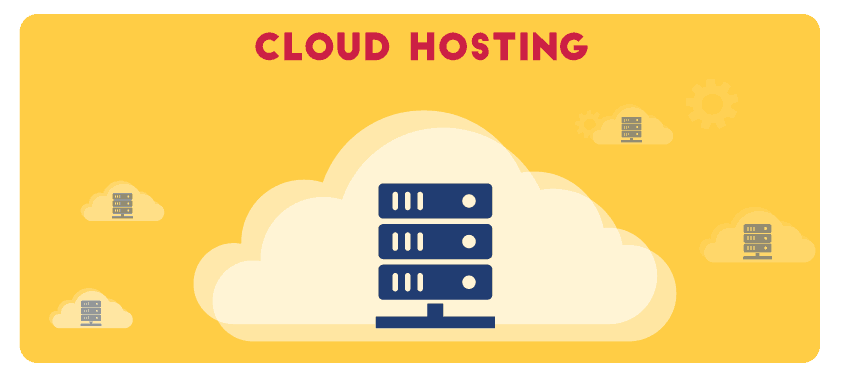 There are certain criteria that every good cloud storage service should offer.
There are certain criteria that every good cloud storage service should offer.
Look at the following factors and take them into consideration before making a purchase. Afterward, you can make a comparative analysis to suit your personal preferences.
Cloud services exist in a multitude of types and offerings, but not all provide the same level of functionality.
This means it is imperative that you choose a service that offers features which are practical for you, and which you’ll use in your daily life.
First, multi-device access should be at the top of everyone’s list, meaning you should be able to access cloud-storage services from your tablet, smartphone, laptop, desktop, and any mobile device.
The service you ultimately choose should provide apps on all these platforms.
File sharing capabilities are also a must-have, as in this day and age we share everything – files, photos, voice, and text. Thus, the ability to edit documents within a cloud service itself is a nice bonus feature. Some providers only allow you to open and edit the file outside the storage and then automatically sync it back in.
Some offer both options while others like Knowhow and Livedrive go beyond regular brands and allow you to edit pictures within their programs.
This is where real-time syncing positions itself as the next step. For example, edited files should automatically save alterations made to the file and update the cloud storage on its own.
Similar to this is the ‘rollback option’ (commonly used in Google Docs), which should permit you to revert back to an earlier version of a document if needed. Most servers stamp on a limited rollback time that dates back 30 to 90 days.
The service you choose should be able to integrate with third-party apps like Microsoft Online, Asana, Google Office Suite, Trello, and so on.
If the service is part of a large-scale operation, more often than not, they offer their own apps like note-taking, task-managers, workflows, and music or video players. For example, OneDrive offers OneNote, Dropbox offers Papers, and Box has Box Notes.
A bonus feature is an ability to playback and store music and videos that often take up the bulk of storage space.
File Sharing and Syncing Capabilities
The primary aim of end users when opting for a cloud service is the file sharing and syncing features. Most companies follow the typical model of sync that was developed by Dropbox in 2007.
This method includes a system tray icon and a sync folder. You initially use the system tray icon as the intermediary tool to gain entry into the cloud system.
This results in the opening of a sync folder which then provides a link that opens up the cloud storage web client and the settings menu facility. All the content you’ve ever uploaded to your computer will be displayed in this folder.
File sharing can be conducted in a number of ways, including social media networks, desktop clients, website clients, copying and pasting, email, links or even sending out folder invitations.
These folder invitations should come with their own permissions, and links come with some content control feature. The permissions include download limits, passwords, and expiry dates.
Mobile Apps
Make sure you opt for a cloud service that is compatible with the two most commonly used mobile operating system and their desktop counterparts: iOS+OS X // Android+Windows.
Ease of Use
At the end of the day, no matter how technically advanced the server you opt for might be, you don’t want to use a service that you don’t fully understand or find complicated to operate. The best cloud storage services deliver self-reliance and require a limited need for constant IT assistance.
They should be able to work in synergy with most operating systems, the interface should be user-friendly and intuitive, and the visuals should not put a strain on your vision.
If your Cloud server works effortlessly on Linux, Windows, and macOS, it’s likely a good buy. OneDrive and MEGA are exemplary options of such systems.
Security
 Consumers want the reassurance that if they are entrusting their private records with cloud storage, they can expect the highest level of protection. Check for certification of physical and cybersecurity measures.
Consumers want the reassurance that if they are entrusting their private records with cloud storage, they can expect the highest level of protection. Check for certification of physical and cybersecurity measures.
There are seemingly-infinite opportunities for data breaches today, which present in the form of computer viruses, hackers, and government entities scrolling through private information, credential stealing, and so on.
Picking out a strong password -and opting for a cloud service provider that offers two-factor authentication and other hacker-preventing tools – is vital.
Man-in-the-middle (MITM) attacks can be prevented by the SSL & TLS protocols (when they’re properly implemented), whereas in-transit, and standby data is secured via encryption.
The downside of data encryption is that if you do happen to forget your password, recovery is impossible because even the administrators cannot help.
Provider Availability and Durability Policies
In this category, we look at cloud operating uptime. On average, each provider boasts an average of 99.9% uptime due to the built-in redundant software architecture, which is about on par with the the best shared web hosting services.
The requirements vary for cold storage and active mission-critical data. Mission-critical eCommerce platforms almost always require pricier and stronger vs. cold blob storage (traditional physical storage).
Be aware of the fact that you will need to be very thorough in checking out each company’s claims. In 2016, Google released a statement declaring itself to have a superior uptime as compared to AWZ and Azure.
Microsoft then released a response, stating that it has more regions than Google and, therefore, accurate statistical data should observe uptime average per region.
Check Bandwidth and Transfer Speed
Heavy investment in high-performance platforms bandwidth is an extraneous variable that servers aren’t able to control as it depends on WAN performance and data-in-flight options. Backup software provides software-based acceleration but buying more bandwidth is smart.
Backup and redundancy are becoming ever more popular, as many SMEs rely 100% on data stored in the cloud. As Brien Posey – CIO for many nationwide hospitals – notes, “The best way to minimize your odds of having to restore data is to use redundant servers and redundant storage on your production network.”
In 2020, only 15% of cloud-related spending goes toward backup and redundancy, but this percentage is expected to rise dramatically in coming years.
The upload and transfer speeds are directly correlated to the distance between server and Internet service providers. We looked into services that grant you the freedom to adjust transfer settings accordingly and improve connection, and that makes use of a block-level transfer algorithm.
This is a key element when you want to accelerate updated files by limiting the transition to only the altered parts.
Pilot testing can be done to ascertain this spec via a 1GB folder and then measuring the time taken along with the distance of the server as well.
Customer Support
 Most of the cloud servers provide self-help to eliminate the number of times you’ll need to contact the customer support system.
Most of the cloud servers provide self-help to eliminate the number of times you’ll need to contact the customer support system.
They do this through an FAQ, online tutorial videos, blogs, other customer responses, knowledgebases, and forums.
This can make getting the help you need much easier and save you time because you won’t need to wait for a customer service rep to assist you.
Pricing
As a buyer, one of your main concerns will be what you get for the money you invest in cloud services.
Good value and premium price don’t often go hand in hand, but generally the more diverse the service portfolio, the better off you will be. Reputable and customer-conscious brands frequently offer a free plan or trial period to get you through a test period and make sure that you are satisfied before committing long term.
The most popular trial periods are offered by Dropbox’s 2GB startup to Google Drive 15GB offering.
- Storage Costs: The amount of data stored affects pricing in the form of cost per GB. The type of data and activity levels will also influence the price. For example, if you intend to store hot data in an active online database, the cost exceeds that of cold storage.
- Access: Cold data storage is the least expensive option, but even excessive use will upscale the price.
- SLAs: Service level agreements are offered by cloud vendors in the form of uptime percentage and durability guarantee. Customization costs more.
Privacy
The strength of the privacy being presented differs on the basis of the geographical location and contracts that providers have with private and public organizations. It is common knowledge that Google and Dropbox have been linked with the Prism project, the mass surveillance program run by the United States NSA.
As such, Google is known to scan through content and even access your email account to create targeted advertising content.
In 2014, the European Union unveiled a new approach to cloud privacy via the General Data Protection Regulation (GDPR) which mandated data privacy protections by default. A few companies were quick to comply with the regulation, including MEGA, Tresorit, and Sync.com. Many of the providers listed support SOX, PDI, DSS, HIPAA and more.
Conclusion 🖊️
By now, I hope that you have a good sense of how cloud storage works and why it’s so important to choose a reliable, secure cloud storage service.
Further, it should be crystal clear that not all clouds are created equal. While some services might be rich with features, others are not worth signing up – even for entry-level users. Let’s recap the our top recommendations:
The best approach, choosing between these services, is to make a list of features that you, or your company, needs and to list them in the order of importance. Find out how much storage do you actually need and if you will be using all of the features that you will be paying.
And last but not least, never forget about cybersecurity. There’s absolutely no reason to share your private information with services that are untrustworthy, or even just bad at what they do.
Whatever are the features you need, the best cloud storage services will always be those that are safe, fast, and easy to use, and that make your life and work easier.
Tricks and Tips
- Ask for a longer extended trial – Some of the companies listed here will give you an extended free trial if you ask their sales reps about enterprise accounts. Also if you’re a startup they often offer free credits that can equate to almost a year of savings.
- If you’re running through lots of credits you can use a travel credit card to get 1.5-4% of cash back on your expenses.







